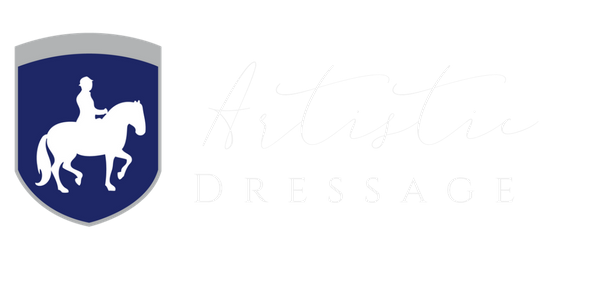When I wrote this article we were travelling through Germany and Austria by car for a mixture of work and vacation. We combined fun things for the kids with some teaching and business meetings. During the longer road trips we tend to like to listen to a variety of podcasts. The day before I wrote this article, we were listening to the latest edition of Marc Maron’s WTF podcast in which he interviews Alice Cooper, the rock star.
Alice Cooper is an interesting character because he began his career in rock music during the 1960s, and he has managed to stay successful until today. He was friends with Jimi Hendrix, Janis Joplin, Jim Morrison, The Beatles, The Rolling Stones, Led Zeppelin, and many other famous rock stars, but also with singers and actors like Frank Sinatra, or Groucho Marx.
The interview with Marc Maron covered a lot of interesting topics. Among other things, they talked about Alice Cooper’s experience with all these famous performers. He said that he found that the bigger, better, and more famous they were, the nicer they were because they had nothing left to prove. They had achieved everything. The up and coming rock stars, on the other hand, were often difficult and not so nice to deal with, he said. That is something I have heard repeatedly from a variety of sources over the years.
It seems like those individuals who are very good at what they do and who have achieved a lot develop a certain security and a sense of self-confidence which allows them to start to relax and acknowledge other colleagues’ accomplishments.
Those who are still in the earlier stages of their careers and still feel like they have something to prove to themselves or to the world are often insecure. They constantly compare themselves to others, and they feel threatened by the success or competence of others, as if another person’s success diminished them and their skills in some way. This insecurity makes them lash out and put down others, especially those who are out in the public eye.
For a very short time, it makes them feel a little better because they can tell themselves that the other person isn’t perfect, either, or the other person isn’t any better than they are. But the comfort they feel is short lived because, unfortunately, it doesn’t change their own skill level.
We don’t ride the slightest bit better if we criticize someone else. Our own problems are still unsolved, even if we notice with great satisfaction that somebody else is making the same mistakes as we. We are still the same person and the same rider we were before.
But the negativity affects us. It leaves toxic traces in our lives. Focussing only on the mistakes and bad aspects in other riders (and ourselves) makes us unhappier, not happier. It brings more negativity into our own lives and our own riding, as well.
Those who are very openly critical of everyone else will make themselves targets for others. They will sooner or later be attacked for their own riding, which will only feed their insecurity and unhappiness. So they will attack others even more, continuing the negative feedback loop that has no redeeming qualities, but only makes everyone miserable.
I know because I used to be the same way, probably because when I was a beginner teachers used to give students the feeling that they were worthless and hopeless. So, everybody, myself included, looked for indications that others were just as worthless and hopeless as our teachers made us feel.
Today, I’m a “recovering critic”. I still feel the urge in me sometimes. But I try not to act on it. I try to take a differentiated view of others. I try to see the good aspects as well, and I try to give the rider the benefit of the doubt, because we never know how difficult a horse is if we haven’t ridden it ourselves.
Things can look very different from how they feel. We don’t know how far the horse and rider have come together. We don’t know the challenges they had to overcome. Everyone is on their own personal journey. What is easy for one person or horse can be very difficult for another. I also remember all the times that I made mistakes or failed.
What I don’t understand is why some people feel the need to leave negative comments under photos or videos of other riders on the internet. They contribute nothing useful at all. They only perpetuate the negativity and insecurity.
Generally, everybody is trying to do the best with what they know. If they want help or advice, they will probably seek out a trainer they trust. It’s not anybody else’s place to put them down.
It’s healthier to mind our own business, to try to improve our own riding, and to do the best we can. When we watch others, we should look for the positive aspects that we might be able to integrate in our own riding. It’s better to be selective about what images we implant in our memory, so our own riding is not influenced negatively by watching bad riding. If we see a picture or video we don’t like, it’s better not to comment. But if we see something we like, it’s a nice gesture to leave a positive comment, because just as making negative remarks doesn’t make us a better rider or a better person, leaving encouraging, positive comments doesn’t diminish us in any way.



